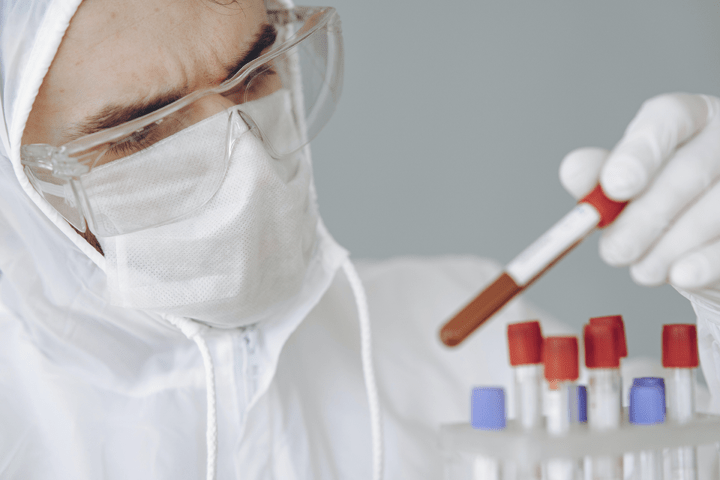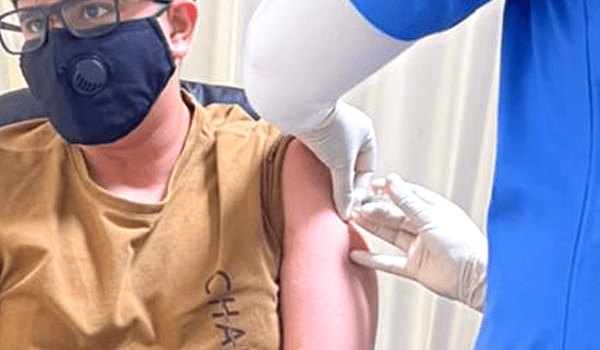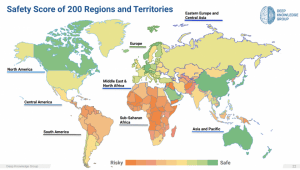|
Listen while working
Getting your Trinity Audio player ready...
|
A virus is a submicroscopic infectious agent that replicates only inside the living cells of an organism. Viruses infect all types of life forms, from animals and plants to microorganisms, including bacteria and archaea. Wikipedia
Viruses are acellular, hence they do not grow through cell division. Instead, they use the metabolism of a host cell to produce multiple copies of themselves at a rapid speed. When infected, the host cell is forced to produce thousands of copies of the original virus. Viruses evolve over time. When a virus replicates or makes copies of itself, it sometimes changes a little of its structure, these changes are termed “mutations”. A virus with one or more new mutations is referred to as a “variant” of the original virus.
When a virus infects a host cell, its genetic material is copied using an enzyme called Polymerase. This Polymerase based replication can make changes to the original genetic material. These mutations can be harmful to the virus itself and they often cannot survive. However, sometimes the mutation gives a newly produced virus an added advantage, which might enhance the infectious capability of the origin.
The first variant of SARS-CoV-2 (coronavirus) was identified in December 2020, and since then, a number of other variants have been identified, some of them are not even more infectious and threatening, but they also raised a number of concerns about the efficacy of existing vaccines.

Variants Identified
B.1.1.7-The UK or Kent variant: is prevalent in Britain, 70% more transmissible and deadlier than existing variants.
B.1.351-The South Africa variant: originated in South Africa in October 2020has been identified in at least 20 other countries, including the UK
P.1-The Brazil variant: has spread to more than 10 other countries, including the UK
B.1.427 and B.1.429: These two variants were first identified in California in February 2021
B.1.617.2-The India variant: Originally identified in India, spreading across UK, US and many other countries
Available Vaccines and their effectiveness against original version of SARS-CoV-2 virus
Pfizer-BioNTech vaccine found a vaccine effectiveness of 95%. RNA or mRNA VACCINE
Moderna vaccine has an effectiveness of 94.1%. RNA or mRNA VACCINE
Johnson & Johnson vaccine has an effectiveness of 66%. NON-REPLICATING VIRAL VECTOR
Oxford/AstraZeneca vaccine has an 82.4% effectiveness overall. NON-REPLICATING VIRAL VECTOR
The Novavax vaccine is 95.6% effective overall. PROTEIN SUBUNIT
Sinopharm vaccine has an effectiveness of 79.34%. WHOLE VIRUS VACCINE
Sputnik V has an effectiveness of 92%. NON-REPLICATING VIRAL VECTOR
Sinovac has an effectiveness of 65%. WHOLE VIRUS VACCINE
Covaxin and Covishield are being used in India but data is still not available
CanSino: Ad5-nCoV is being used in some countries with unknown efficacy results
A comprehensive table of vaccines and their stages of approval in different countries can be checked at COVID19 VACCINE Tracker
Long-term protection of Covid19 vaccines
COVID vaccines have only been developed in recent months, the trials are still being conducted and data compiled to check the efficacy of these vaccines. It’s too early to know the duration of protection provided by these vaccines as claimed by the pharmaceutical companies.
Who should get the COVID-19 vaccines
The COVID-19 vaccines are claimed to be safe for most people 18 years and older, despite of the complications reported in different countries. It is important for you to discuss your health condition with physician before taking the vaccines in case of following conditions
- Hypertension, Diabetes, Asthma or any other chronic infections
- Have a compromised immune system
- Are pregnant or nursing your baby
- Have a history of severe allergies, particularly to a vaccine and other medicines
Side effects of the coronavirus vaccines
It is normal to experience side effects after the vaccine. Most of these are mild and short term, however, they should be carefully monitored and reported to local health authorities in case of any severity.
- Pain
- COVID arm-red, blotchy rash
- Tiredness
- Headache
- Muscle pain
- Chills
- Fever
- Nausea
- having a painful, heavy feeling and tenderness in the arm where you had your injection
- Blood clotting problem with Oxford/AstraZeneca vaccine
Precautions after COVID19 vaccine
Vaccination aims at developing immunity against the virus. Its takes at least 2 weeks to start the level of antibody formation after the first dose, and another 2 weeks before significant level of protections against the virus is achieved. Still, all precaution must be maintained since the new variants are being discovered, where the efficacy of existing vaccines is still being evaluated.

Preventive Measures
Mask: Use appropriate mask that adequately covers your nose and mouth.
Wash your hands: Frequently, wash your hands with soap and water. Use hand sanitizer with at least 60 percent alcohol if this isn’t available.
Physical distancing: Keep physical distancing from people outside of your household, and avoid crowded areas with poor ventilation.





